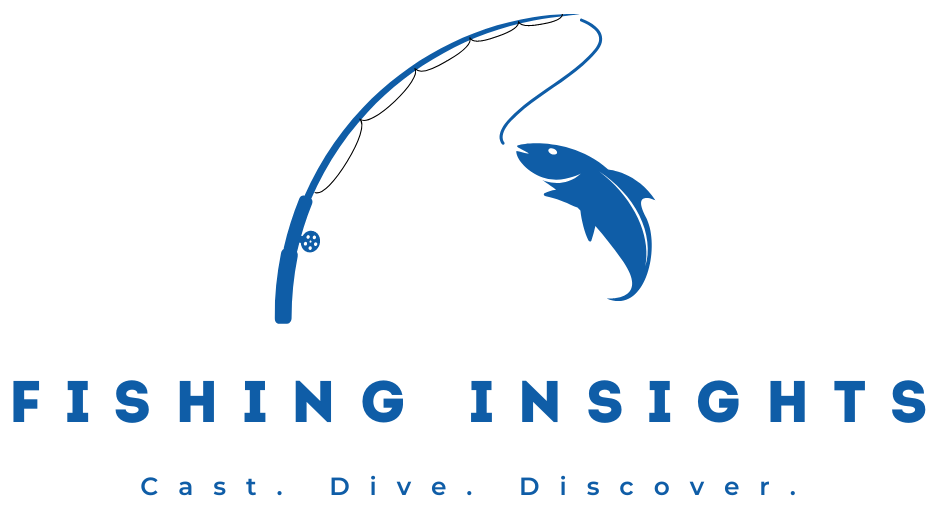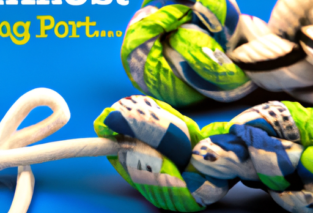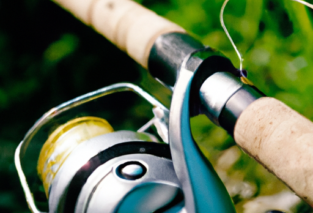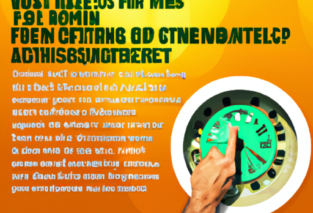If you’re new to the world of fishing, you’ve probably heard a lot about the excitement of reeling in a big catch and enjoying a day on the water. But did you know that there’s more to fishing than just the thrill of the catch? “The Importance of Fishing Conservation for Newbies” is a comprehensive guide that highlights the significance of practicing responsible fishing techniques and protecting our aquatic ecosystems. Whether you’re a beginner angler or someone looking to learn more about the environmental impact of fishing, this article will provide you with essential information and practical tips to help you become a responsible angler while preserving our cherished fishing spots for future generations.
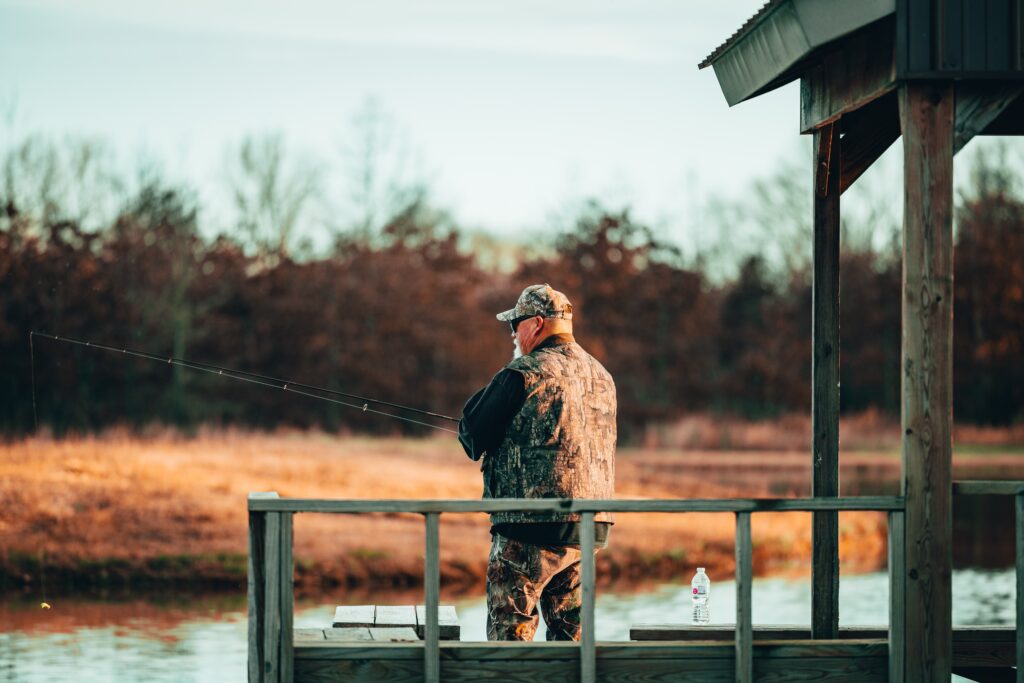
Understanding Fishing Conservation
Fishing conservation refers to the practices and efforts aimed at preserving fish populations, protecting their habitats, and promoting sustainable fishing practices. It is crucial in ensuring the long-term viability of fish species and maintaining a healthy and balanced ecosystem.
Preserving Fish Populations
Preserving fish populations is essential to prevent any decline or extinction of species. This can be achieved through measures such as implementing catch limits, establishing protected areas or marine reserves, and enforcing regulations to prevent the capture of juvenile or endangered fish.
Protecting Habitats
Habitat destruction is a significant threat to fish populations. Conserving and protecting their habitats, such as coral reefs, estuaries, and wetlands, is vital for the survival and reproduction of fish. By preserving these habitats, we ensure the availability of essential breeding and feeding grounds.
Promoting Sustainable Fishing Practices
Sustainable fishing practices are those that can be maintained over the long term without causing harm to the fish populations or the environment. This involves using techniques that minimize bycatch, avoiding destructive fishing methods such as bottom trawling, and promoting responsible fishing practices that prioritize the health of the ecosystems.
Benefits of Fishing Conservation
Understanding the benefits of fishing conservation can help newbies appreciate the importance of their contributions to this cause.
Preservation of Fish Species
Through fishing conservation efforts, we can prevent the decline or extinction of fish species. This not only protects the biodiversity of our planet but also maintains the delicate balance of food chains and ecosystems. Each fish species plays a unique role in the ecosystem, and their preservation is key to maintaining a healthy and functioning environment.
Environmental Balance
Conserving fish populations helps maintain a balanced and healthy ecosystem. Fish play a crucial role in nutrient cycling, controlling population sizes of other species, and promoting the health of aquatic ecosystems. By safeguarding fish populations, we contribute to a more stable and sustainable environment.
Economic Benefits
Fishing conservation is not just about preserving the environment; it also has significant economic benefits. Fishing is a vital industry in many regions, providing livelihoods for millions of people. By protecting fish populations and their habitats, we ensure the survival of this industry, supporting local communities, and promoting sustainable economic growth.
How Newbies Can Contribute to Fishing Conservation
As a newbie, you might think your individual actions don’t make a difference. However, every effort counts, and here are some ways you can make a positive impact on fishing conservation:
Educate Yourself
By learning about fish species, their habitats, and the challenges they face, you can develop a deeper understanding of the importance of fishing conservation. Educate yourself about local fishing regulations, conservation initiatives, and sustainable techniques to make informed decisions while enjoying your fishing experiences.
Follow Fishing Regulations
Respecting fishing regulations is crucial for conservation efforts. These regulations are in place to protect fish populations and ensure their sustainable use. Familiarize yourself with local fishing regulations, including catch limits, size restrictions, and fishing seasons, and adhere to them to prevent overfishing and help maintain healthy fish populations.
Practice Catch-and-Release
Consider practicing catch-and-release whenever possible, especially for endangered or protected fish species. Catch-and-release allows you to enjoy the thrill of fishing while minimizing the impact on fish populations. Use barbless hooks, handle fish with wet hands, and release them quickly and gently to increase their chances of survival.
Use Eco-friendly Gear
Opt for eco-friendly fishing gear and equipment. Avoid lead-based sinkers, as they can be toxic to fish and other wildlife. Use biodegradable fishing lines instead of monofilament lines that can persist in the environment for years. By using eco-friendly gear, you reduce the potential harm to fish and their habitats.
Be Mindful of Fishing Impact
Be conscious of the impact your fishing activities may have on the environment. Avoid fishing in sensitive areas or during spawning seasons to minimize disturbances to fish populations. Dispose of fishing waste properly, including used bait containers and fishing line, to prevent pollution and harm to marine life.
Conservation Organizations
Several organizations are dedicated to fishing conservation and offer valuable resources and support to newbies entering the world of fishing. Some prominent conservation organizations include:
National Oceanic and Atmospheric Administration (NOAA)
The NOAA works to promote sustainable fisheries, protect marine species, and conserve critical habitats. They provide educational materials, data on fish populations, and offer guidelines for sustainable fishing practices. Their website is a valuable resource for newbies looking to learn more about fishing conservation.
Bass Anglers’ Sportfishing Society (BASS)
BASS is a nonprofit organization focused on promoting angling and conserving fish populations. They conduct research, advocate for sustainable fishing practices, and organize conservation events that bring together anglers to contribute to fishing conservation efforts.
Trout Unlimited
Trout Unlimited is dedicated to protecting and restoring trout and salmon populations and their habitats across the United States. They work on habitat restoration projects, advocate for conservation policies, and provide educational resources to engage anglers in responsible fishing practices.
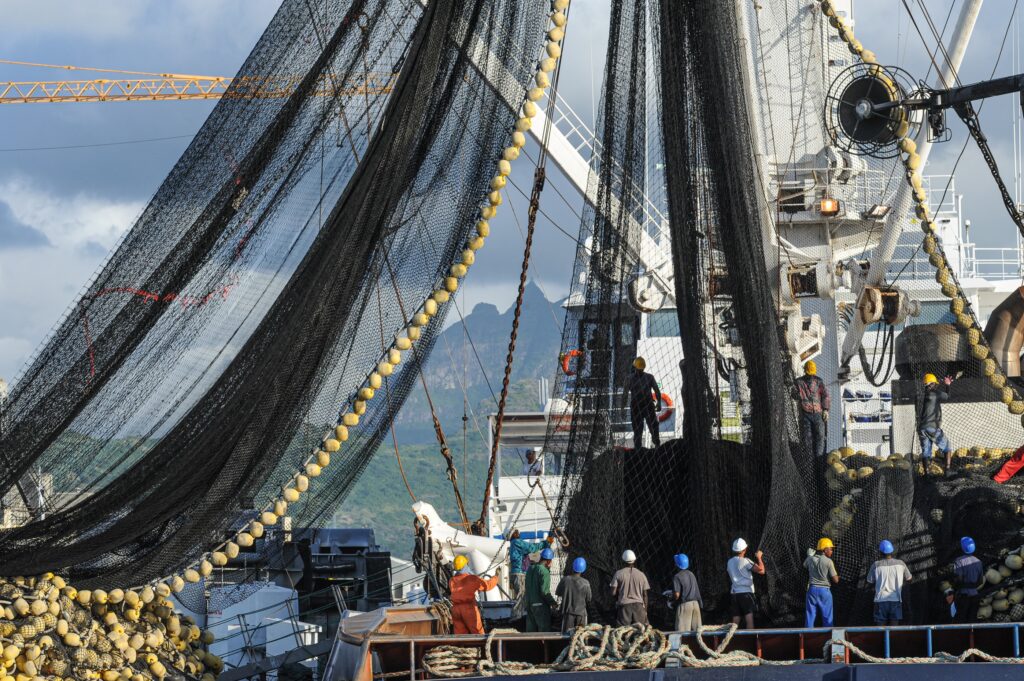
Conservation Techniques for Newbies
Here are some conservation techniques and practices that newbies can incorporate into their fishing endeavors:
Selecting the Right Fishing Spot
Choosing your fishing spot wisely is essential for conservation efforts. Avoid fishing in areas that are known to be sensitive, such as spawning grounds or protected marine areas. Research and plan your fishing trips to ensure that you are not inadvertently causing harm to fish populations or their habitats.
Using Proper Fishing Techniques
Adopting proper fishing techniques can greatly minimize the impact on fish populations. Learn and practice techniques such as circle hooks and fish-friendly knots that reduce injury to fish during catch and release. Avoid using methods such as gill netting or dynamite fishing that cause mass destruction and harm to the environment.
Proper Handling of Fish
Handle fish with care to maximize their chances of survival. Wet your hands before touching a fish to protect its delicate protective slime layer. Avoid squeezing the fish tightly and support its body when lifting it. If you need to take photos, do so quickly and return the fish to the water promptly, minimizing stress and injury.
Proper Disposal of Fishing Waste
Dispose of fishing waste responsibly to prevent harm to wildlife and habitats. Pack out any trash, including snags or discarded lines, and do not leave them behind. Plastic and other debris can entangle or be ingested by fish and other animals, causing serious harm. Implement a “leave no trace” mindset to ensure you are not leaving any negative impact behind.
Challenges of Fishing Conservation
Recognizing and addressing the challenges faced in fishing conservation is crucial for its success:
Illegal Fishing
Illegal fishing practices, such as using unlicensed gears or fishing in protected areas, pose a serious threat to fish populations and conservation efforts. Combating illegal fishing requires increased enforcement, public awareness, and collaboration between governments, conservation organizations, and the fishing community.
Overfishing
Overfishing occurs when fish populations are harvested at an unsustainable rate. It can lead to the decline or collapse of fish stocks, disrupting ecosystems and jeopardizing the livelihoods of those dependent on fishing. Implementing and enforcing catch limits, size restrictions, and fishing seasons are essential in combating overfishing.
Habitat Destruction
Human activities such as pollution, coastal development, and the destruction of wetlands and coral reefs are significant factors contributing to habitat destruction. Protecting and restoring these critical habitats is crucial for maintaining healthy fish populations. This requires proactive conservation efforts, habitat restoration projects, and stricter regulations to prevent further habitat destruction.
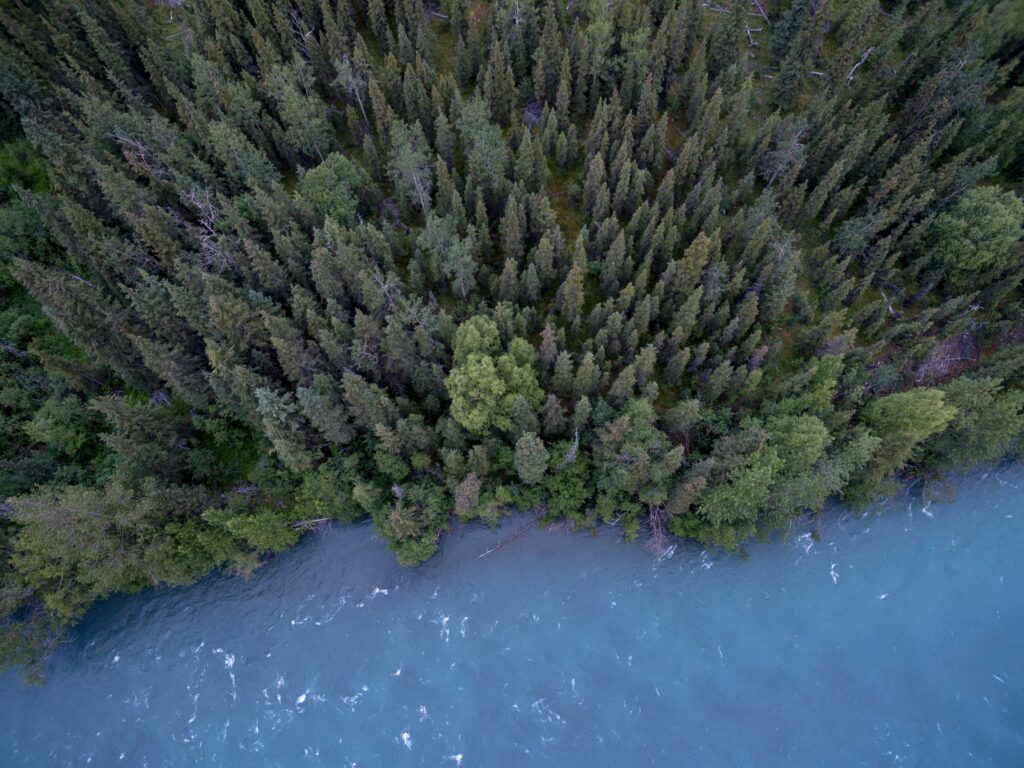
Engaging the Fishing Community
Engaging the fishing community is essential for effective fishing conservation. Here are some ways to get involved:
Organizing Conservation Events
Organize or participate in conservation events, such as beach cleanups or habitat restoration projects. These events bring together anglers, conservation organizations, and local communities, fostering a sense of collective responsibility towards fishing conservation.
Sharing Knowledge and Experiences
Share your knowledge and experiences with fishing conservation to inspire and educate others. Whether through social media, online forums, or local fishing clubs, spreading awareness and promoting responsible fishing practices can have a significant impact on the fishing community.
Collaborating with Other Anglers
Collaborate with fellow anglers to advocate for fishing conservation. Join local fishing clubs or organizations that focus on conservation efforts to make a greater collective impact. By working together, anglers can amplify their voices and contribute to effective conservation policies and initiatives.
Future of Fishing Conservation
Looking ahead, the future of fishing conservation holds several promising developments:
Technological Advances
Advancements in technology, such as underwater cameras, fish finders, and tagging systems, provide valuable tools for researchers and anglers to gather data, monitor fish populations, and implement targeted conservation efforts. These technological innovations can greatly enhance fishing conservation practices and our understanding of the underwater world.
Development of Sustainable Fishing Practices
The fishing industry is increasingly recognizing the importance of sustainable fishing practices. Innovative techniques such as selective fishing gears, aquaculture, and ecosystem-based fisheries management are being developed to minimize the impact on fish populations and habitats. Embracing these practices on a larger scale will be key to the future sustainability of fishing.
Advocacy for Conservation Policies
Public awareness and advocacy for fishing conservation are on the rise. Increasingly, individuals and organizations are vocal about the need for stricter regulations, protected areas, and sustainable fishing practices. By advocating for conservation policies and supporting initiatives that prioritize the long-term health of fish populations and ecosystems, we can ensure a brighter future for fishing conservation.
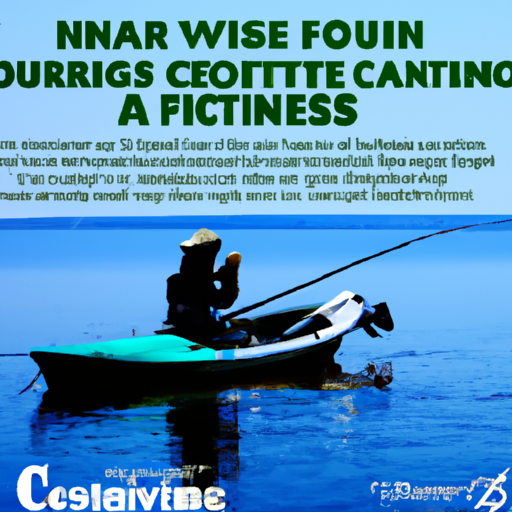
Conclusion
Fishing conservation plays a crucial role in preserving fish populations, protecting their habitats, and promoting sustainable fishing practices. As a newbie, you have the power to make a positive impact by educating yourself, following regulations, practicing catch-and-release, using eco-friendly gear, and being mindful of your fishing impact. Engage with conservation organizations, collaborate with other anglers, and contribute to the future of fishing conservation. Together, we can safeguard the world’s fish populations and ensure the long-term viability of this beloved pastime.
